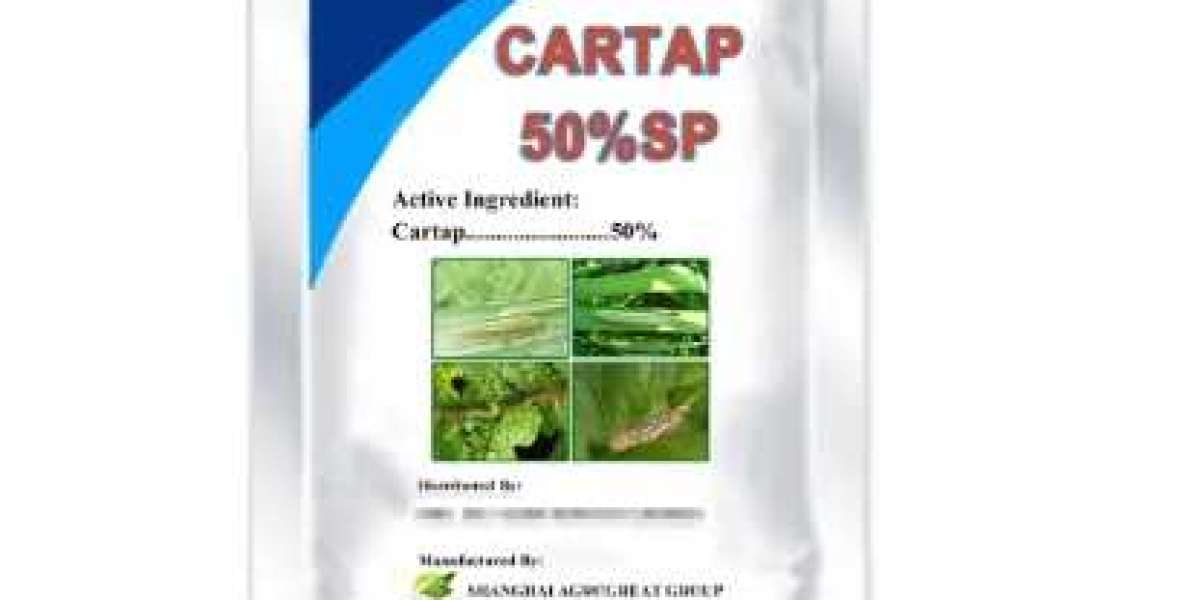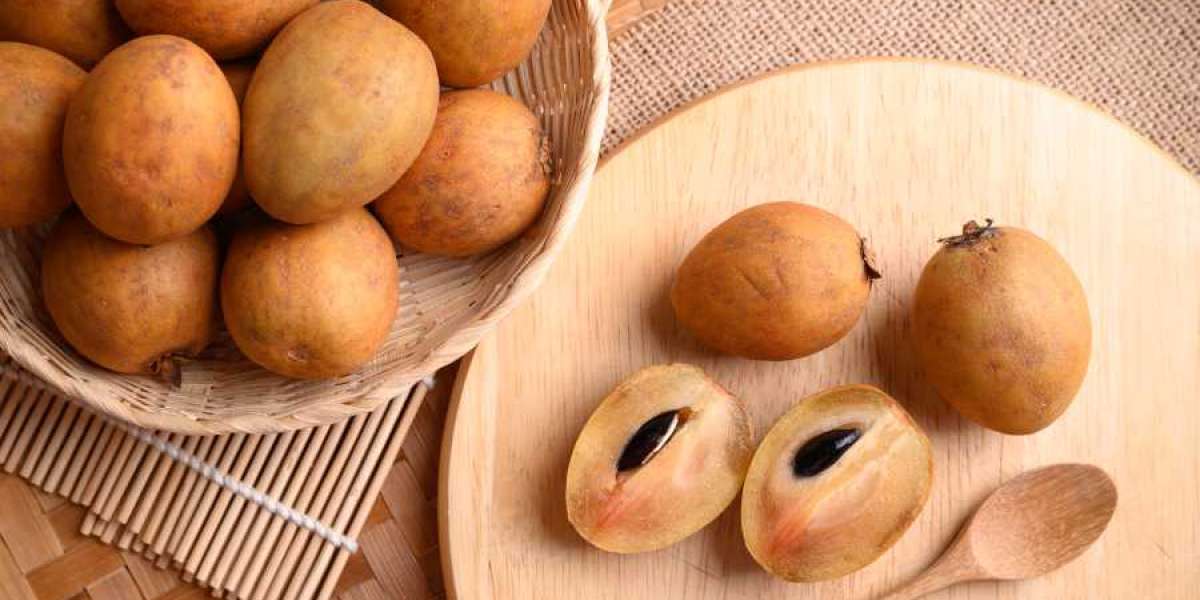Pesticides are an integral part of modern agriculture, playing a vital role in protecting crops from pests and ensuring global food security. However, there is often a lack of awareness and misconceptions surrounding these chemical compounds. In this blog, we aim to shed light on the world of pesticides, exploring their types, uses, potential risks, and sustainable alternatives.
I. What are Pesticides?
Pesticides are substances specifically designed to control, repel, or eliminate pests that can harm crops, livestock, or human health. They can be categorized into three main types:
a) Insecticides: These are used to control insects that damage crops. They can target and kill specific pests or act as general insect repellents.
b) Herbicides: Herbicides are utilized to manage weeds, which can compete with crops for nutrients and sunlight, reducing yields if left unchecked.
c) Fungicides: Fungicides combat fungal diseases that can destroy crops and impact overall plant health.

II. The Importance of Pesticides
The use of pesticides has significantly increased agricultural productivity, helping to feed a growing global population. Without pesticides, crop losses due to pests would be much higher, resulting in reduced food availability and increased prices. Pesticides also play a crucial role in disease prevention, reducing the transmission of harmful pathogens carried by pests.
III. Potential Risks Associated with Pesticides
While pesticides bring numerous benefits, it is essential to acknowledge their potential risks. Misuse or excessive use of certain pesticides can have adverse effects on human health, wildlife, and the environment. However, stringent regulations and safety measures are in place to mitigate these risks.
a) Human Health: Exposure to high levels of pesticides can lead to acute poisoning or long-term health issues. Proper handling, storage, and protective equipment are necessary when using pesticides, especially for farmers and agricultural workers.
b) Environmental Impact: Pesticides can contaminate soil, water bodies, and air, adversely affecting ecosystems. They may harm beneficial insects, birds, and aquatic organisms. However, modern pesticide formulations are designed to be more targeted and biodegradable, reducing their impact on the environment.
IV. Sustainable Alternatives to Pesticides
To address concerns surrounding pesticides, sustainable alternatives are being explored and implemented:
a) Integrated Pest Management (IPM): IPM is an approach that uses a combination of cultural, biological, and chemical control methods to minimize pesticide use. This method involves crop rotation, habitat manipulation, and the introduction of natural predators to control pests effectively.
b) Biopesticides: Derived from naturally occurring substances like plants, bacteria, or fungi, biopesticides provide effective pest control while minimizing environmental impact. They are often specific to certain pests, making them an ideal alternative in integrated pest management strategies.
c) Genetic Engineering: Scientists are developing genetically modified crops with built-in resistance to pests, which reduces the need for chemical pesticides. While controversial, this technology offers the potential for sustainable pest management.

V. Pesticide Regulation and Safety Measures
The use of pesticides is tightly regulated by government agencies worldwide to ensure their safe and responsible use. These regulations include rigorous testing, labeling requirements, and restrictions on their application near sensitive areas such as schools or water sources. The goal is to minimize potential risks to human health and the environment while maximizing the benefits of pesticide use. Farmers and pesticide applicators are required to undergo proper training and certification to ensure they understand the safe handling and application of these chemicals.
VI. Pesticide Residues and Food Safety
One concern often raised by consumers is the presence of pesticide residues in food. It's important to note that strict limits are set for pesticide residues in agricultural produce to protect consumers' health. Regulatory agencies monitor and enforce these standards to ensure that the levels of pesticide residues found in food are within safe limits. Furthermore, thorough washing and peeling of fruits and vegetables can help remove any surface residues.
VII. Public Perception and Education
Pesticides have been subject to scrutiny and controversy, leading to concerns about their safety. It is essential to address these concerns through public education and open dialogue. Providing accurate information about pesticide use, safety measures, and ongoing research can help foster a better understanding of their role in modern agriculture. Encouraging transparency and collaboration between farmers, scientists, and consumers is crucial in building trust and ensuring the responsible use of pesticides.
VIII. Future Trends and Innovations
The field of pest management continues to evolve, driven by the need for more sustainable and environmentally friendly solutions. Here are a few notable trends and innovations:
a) Precision Agriculture: Advancements in technology, such as drones, sensors, and data analytics, enable farmers to target pest control more precisely. This reduces the overall use of pesticides and minimizes their impact on non-target organisms.
b) Natural Plant Defenses: Researchers are discovering and harnessing the natural defense mechanisms of plants to develop novel pest control strategies. By understanding the genetic makeup of plants and their interactions with pests, scientists can develop crops that are more resistant to diseases and insects.
c) Biological Control: Increasingly, farmers are incorporating beneficial insects and organisms into their pest management practices. These natural predators and parasites help maintain pest populations at manageable levels, reducing the reliance on chemical pesticides.
d) Organic Farming: Organic farming practices, which restrict the use of synthetic pesticides, are gaining popularity worldwide. By relying on natural inputs, crop rotation, and other sustainable methods, organic farmers aim to produce food with minimal environmental impact.

Conclusion
Pesticides remain an essential tool in modern agriculture, ensuring food security, preventing crop losses, and protecting human health. However, responsible use, proper regulation, and ongoing innovation are essential to mitigate potential risks and minimize their environmental impact. By embracing sustainable alternatives, supporting research, and fostering open dialogue, we can continue to improve pest management practices and create a safer and more sustainable agricultural future for all.
AGROGREAT GROUP is one of the most professional agrochemical manufacturers in China. And the products mainly include herbicides,fungicides, insecticides and plant growth regulator. and including the formulation type SL, EC, SC, FS, WP, WDG, CS, SP and so on.
Welcome to contact us or browse our website, and find you need.
Email:[email protected]
Website:www.agrogreat.cn



